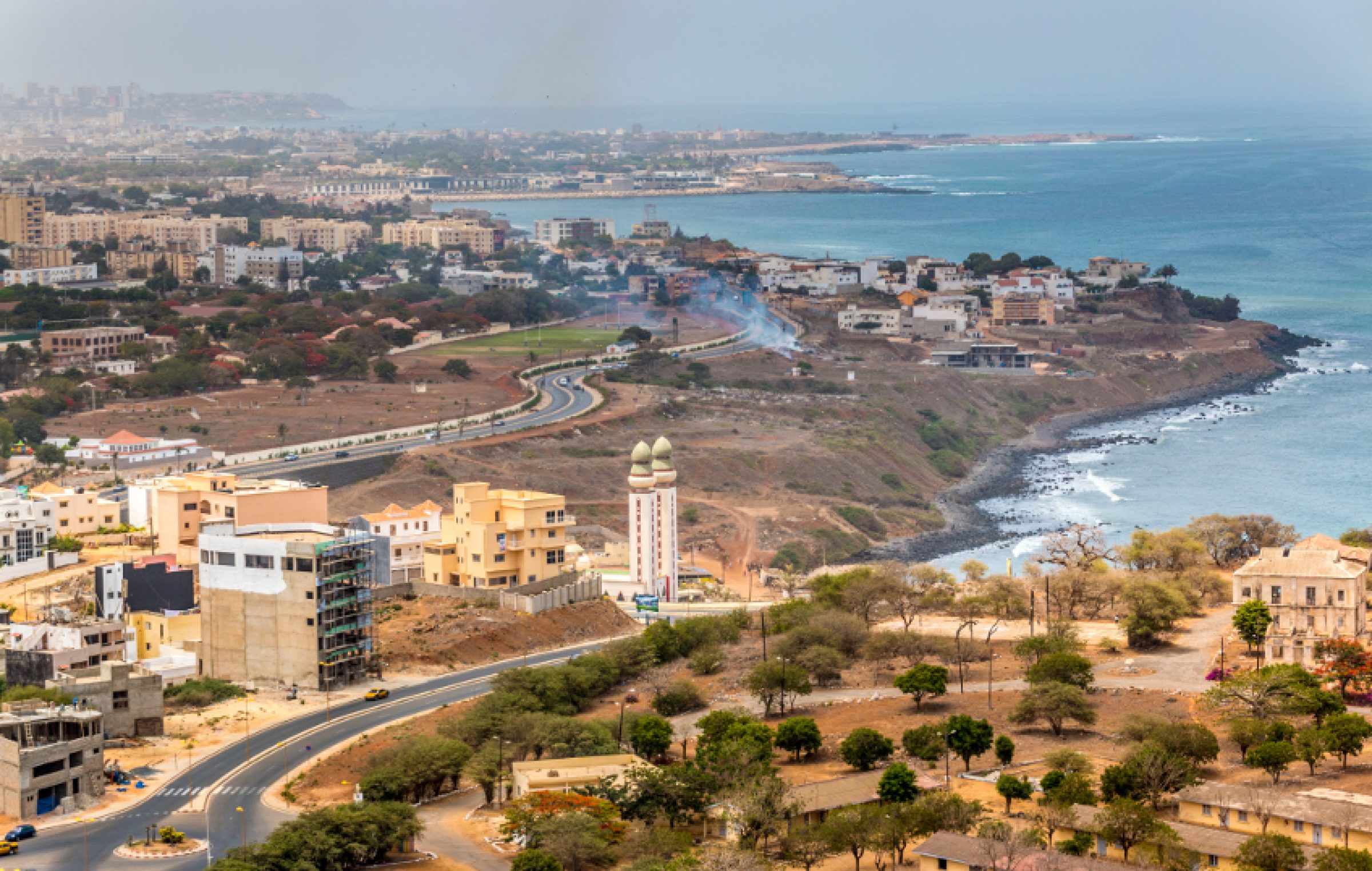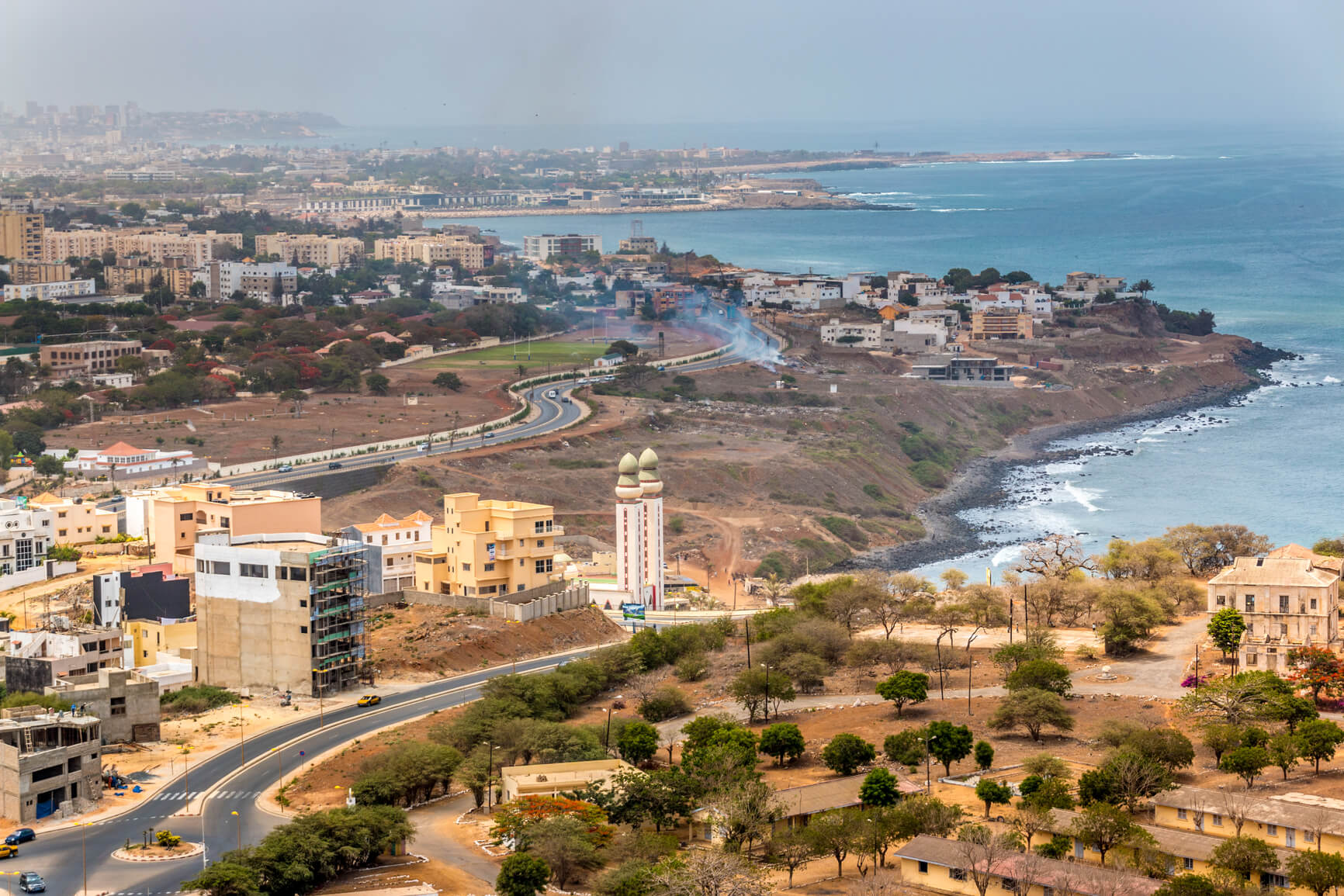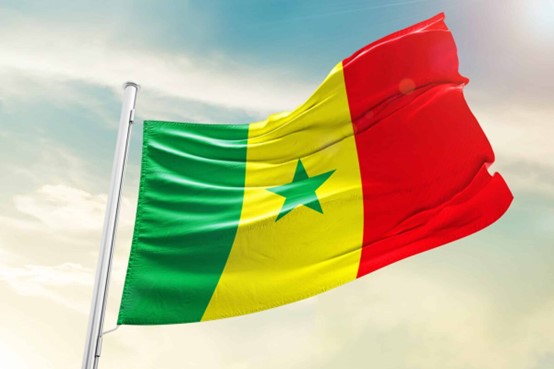Table of Contents
- Senegal country profile - BBC News
- Where is Senegal? Everything You Need to Know. - Travel Tramp
- Senegal | Flag, Language, President, Population, & Indpendence | Britannica
- Senegal
- Senegal - Informatie Begin
- Argentina Grove
- Non-stop from Lille, France to Dakar, Senegal for only €186 roundtrip
- Senegal to Audit Fishing Agreements Signed With Partners Including EU ...
- IT’S A NEW DAWN IN SENEGAL - Spaces for Change
- Jon Tennant

Located on the western coast of Africa, Senegal is a country with a rich and diverse history, shaped by its strategic position at the crossroads of African, European, and Islamic influences. From the era of colonialism to its hard-won independence and the flourishing of its vibrant culture, Senegal's story is one of resilience, adaptation, and a deep-rooted sense of identity. This article delves into the significant phases of Senegal's history, exploring its colonial past, the fight for independence, and the cultural tapestry that defines the nation today.


Colonialism and Its Impact

The colonial period in Senegal, which began in the 15th century with the arrival of the Portuguese and was later dominated by the French, had a profound impact on the country's political, economic, and social structures. The French colonization, in particular, left an indelible mark, as it imposed French as the official language, introduced Christianity, and established a system of governance that favored the French over the local population. This era saw the exploitation of Senegal's natural resources and the suppression of its indigenous cultures, leading to a complex legacy that the country still grapples with today.


The Path to Independence

Senegalese resistance to colonial rule was a long and arduous process, marked by key figures such as Blaise Diagne, who became the first African to be elected to the French National Assembly, and Lamine Guèye, a prominent politician who played a crucial role in the country's path to independence. The journey towards independence gained momentum in the mid-20th century, culminating in Senegal achieving its independence from France on April 4, 1960. Léopold Sédar Senghor, a poet, politician, and one of the key figures in the Negritude movement, became the country's first president, symbolizing the nation's aspirations for a new era of self-determination and cultural revival.


Cultural Renaissance and Identity

Senegal's culture is a vibrant mosaic, reflecting its history of cross-cultural exchange and its strategic position as a bridge between West Africa, Europe, and the Islamic world. The country is home to a diverse array of ethnic groups, including the Wolof, Serer, and Jola, each contributing their unique traditions, languages, and customs to the national tapestry. The capital city, Dakar, is a hub of cultural activity, with its bustling markets, historic landmarks like the House of Slaves and the Door of No Return on Gorée Island, and its thriving music scene, which blends traditional rhythms with modern styles.
The legacy of the Negritude movement, which celebrated black culture and identity, continues to influence Senegalese arts and literature. Writers like Léopold Sédar Senghor and poets have made significant contributions to African literature, while musicians such as Youssou N'Dour have brought Senegalese music to a global audience, blending traditional mbalax with international styles.
Senegal's history, from the challenges of colonialism to the triumph of independence and the flourishing of its rich culture, is a testament to the resilience and creativity of its people. As the country continues to navigate the complexities of its past and the challenges of the present, its vibrant culture remains a powerful symbol of African identity and a beacon of hope for a brighter future. Through its history, literature, music, and art, Senegal shares with the world a story of strength, diversity, and the unbreakable spirit of its people.
For those interested in exploring more about Senegal's fascinating history, cultural heritage, and its people, resources such as Britannica's entry on Senegal offer a comprehensive overview, providing insights into the country's political, social, and cultural developments over the years.